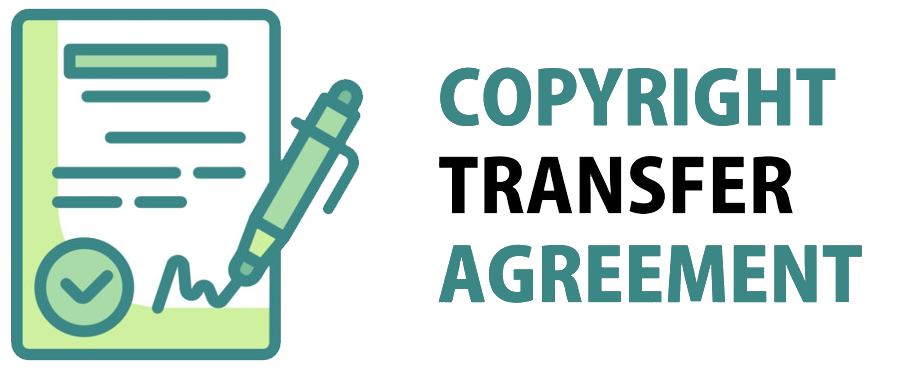PEMETAAN JARINGAN SAMPAH PLASTIK DI KOTA YOGYAKARTA
Abstract
Sampah plastik merupakan salah satu contoh sampah jenis anorganik, yaitu merupakan jenis sampah yang tidak mudah terurai. Penyumbang sampah plastik ini terbanyak berasal dari sampah rumah tangga. Pada Kota Yogyakarta sendiri volume sampah plastik meningkat setiap tahunnya. Pengelolaan sampah plastik seperti Reduce, Reuse Dan Recycle atau yang dikenal dengan 3R perlu dilakukan guna meminimalisir volume sampah. Apabila aktivitas ini hanya berhenti di bank sampah, maka program pengelolaan sampah plastik belum terprogram dengan baik karena hanya menumpuk saja di bank sampah. Tujuan penelitian ini melakukan pemetaan jaringan sampah plastik berjenis botol PET dan sachet bungkus di Kota Yogyakarta. Hasil penelitian menunjukkan bahwa terdapat tiga saluran pada jaringan sampah plastik pelaku formal yang ikut berperan dalam pengelolaan sampah plastik pada bagian hulu sampai hilir. Pelaku ini terdiri dari rumah tangga, bank sampah kelurahan, pengepul, PKK, produsen ulang dan pengguna.
Keywords
Full Text:
PDFReferences
Astuti, A., Linarti, U., & Yulistiyanto, M. (2019). Identifying Waste Cooking Oil Chains to Become an Energy Resource: Study Case in Yogyakarta. Advances in Intelligent Systems Research, 171, 228–236. https://doi.org/10.2991/icoemis-19.2019.32
Atkinson, R., & Flint, J. (2001). Accessing Hidden and Hard-to-Reach Populations: Snowball Research Strategies. Social Research UPDATE, (33).
Bing, X., Bloemhof-Ruwaard, J., Chaabane, A., & Van Der Vorst, J. (2015). Global Reverse Supply Chain Redesign for Household Plastic Waste under the Emission Trading Scheme. Journal of Cleaner Production, 103, 28–39. https://doi.org/10.1016/j.jclepro.2015.02.019
Jambeck J.R., Geyer R, Wilcox C, Siegler T.R., Perryman M. (2015).” Plastic Waste Inputs from land into the Ocean. Science. Vol 347. Pp 768-771
Kementerian Lingkungan Hidup. 2012. Profil Bank Sampah Indonesia. Jakarta.
Gourmelon, G. (2015). Global Plastic Production Rises, Recycling Lags. WorldWatch Institute, pp. 1–7.
Rutkowski, J., & Rutkowski, E. (2017). Recycling in Brasil: Paper and Plastic Supply Chain. Resources, 6(3), 43. https://doi.org/10.3390/resources6030043
Sujauddin, M., Huda, S.M.S., Hoque, A.T.M.R. (2008). “Household Solid Waste Characteristics and Management in Chittagng Bangladesh”. Waste Management. Vol.28. pp.1688-1695
Tran, H. T. T., & Luc, H. T. T. (2018). Reverse Logistics in Plastic Supply Chain: The Current Practice in Vietnam. In Nachhaltige Impulse für Produktion und Logistikmanagement (pp. 219–233). https://doi.org/10.1007/978-3-658-21412-8
Van Engeland, J., Beliën, J., De Boeck, L., & De Jaeger, S. (2020). Literature review: Strategic network optimization models in waste reverse supply chains. Omega, 91, 102012.
Wong, C. (2010). A Study of Plastic Recycling Supply Chain 2010 A Study of Plastic Recycling Supply Chain. A Study of Plastic Recycling Supply Chain. Retrieved from http://www.ciltuk.org.uk/portals/0/documents/pd/seedcornwong.pdf
DOI: http://dx.doi.org/10.22441/pasti.2021.v15i1.007
Refbacks
- There are currently no refbacks.
Jurnal PASTI (Penelitian dan Aplikasi Sistem dan Teknik Industri)
Teknik Industri, Fakultas Teknik, Universitas Mercu Buana
Jl. Meruya Selatan, Kembangan, Jakarta Barat 11650
Tlp./Fax: +62215871335
p-ISSN: 2085-5869 / e-ISSN: 2598-4853
http://journal.mercubuana.ac.id/index.php/pasti/
This journal is indexed by:

This work is licensed under a Creative Commons Attribution-NonCommercial 4.0 International License.











